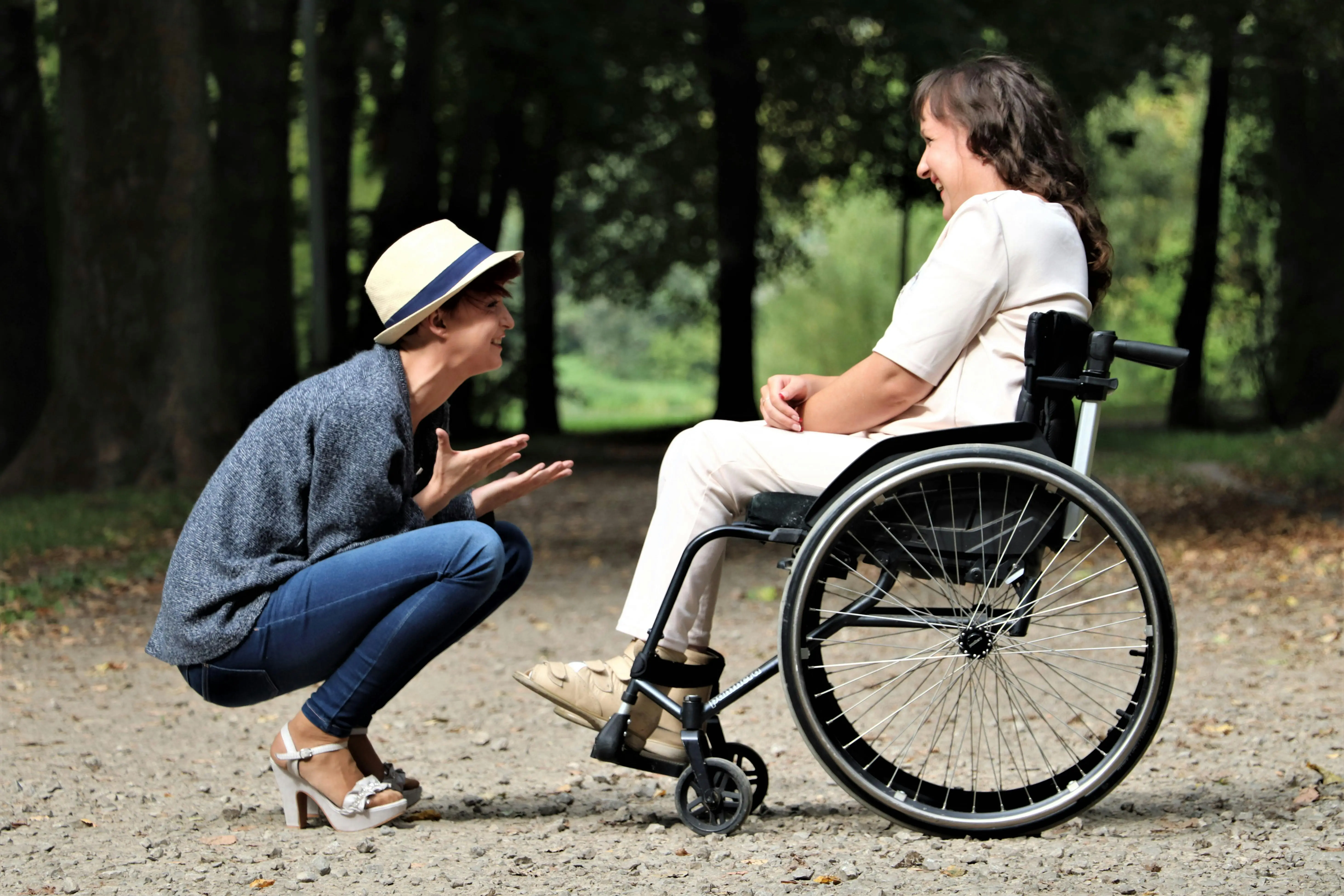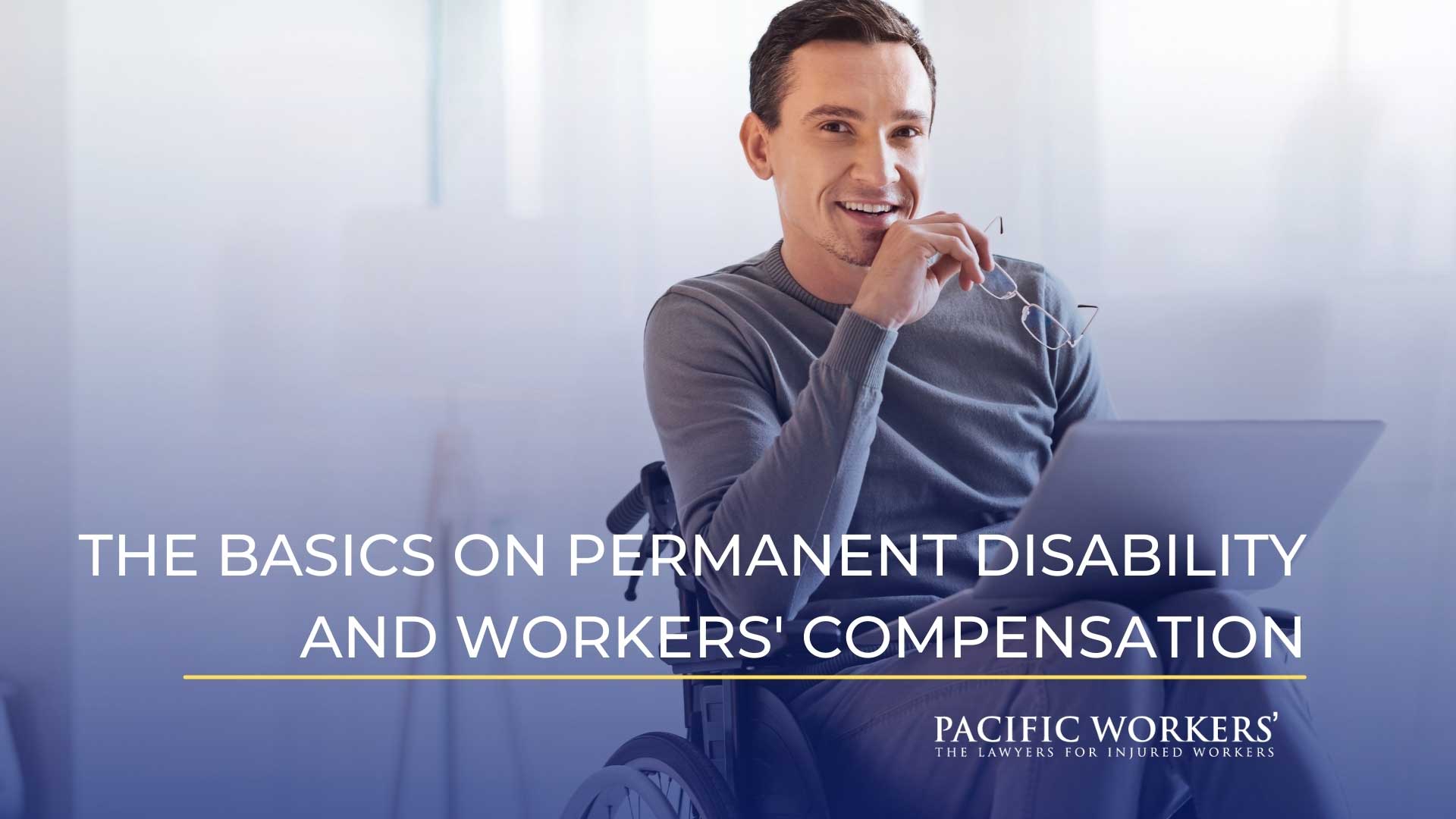This post was updated on 10/14/2024
In California, if you've been injured or caught a disease while on the job, you may be entitled to a permanent disability benefits if you don’t fully recover. Many elements must be legally considered before you need to make a claim to what you’re entitled to. Lawyers can assist you in making a claim to get you to access your benefits.
Here’s some basic knowledge you must understand once you open a case and qualify for permanent disability benefits.
Being Eligible for Permanent Disability Benefits

When you get injured, you initially get temporary disability benefits to compensate for all the medical costs. However, when recovery seems a little dim, the doctor in charge should assess the ailments you’re enduring and write a report to reflect the state of your condition. They should be able to determine whether you could get better or not.
You'll have to go through a medical and legal process to demonstrate that your medical condition isn't likely to change and that it either prevents you from working at all or limits your ability to work and earn money.
If you cannot fully recover in time, you may be entitled to permanent disability benefits.
Two Kinds of Permanent Disabilities

A total permanent disability isn’t common, but it’s possible if you have irreversible injuries or illnesses. In California, you generally won't be considered for permanent disability benefits until your treating doctor says you've reached a plateau in your recovery—meaning that your condition isn't expected to improve further with more treatment, at least in the nearest future.
This is sometimes referred to as “maximal medical improvement” (MMI) or “permanent and stationary.”
The amount of time it takes to reach MMI can vary widely—anywhere from a month to a few years after you were first hurt or became ill. The nature of your injury or illness can impact how long it takes. Even if you don't completely heal from a broken leg—for instance, if you continue to have trouble walking on uneven surfaces—your condition will probably stabilize more quickly than if you got cancer from on-the-job exposure to toxic chemicals.
Other factors can play a role, including medical treatments and whether the insurance company has been dragging its feet on approving surgeries or other expensive procedures.
Your medical information will help decide if your permanent disabilities affect your ability to perform tasks—or even to work at all. This process is called a permanent disability rating, expressed in a percentage.
You don't necessarily have to prove that you can't work to receive total permanent disability benefits. For instance, you may be considered totally and permanently disabled if you have certain kinds of injuries (for example, if you lost both eyes or both legs). You may also qualify if you have a combination of permanent impairments that add up to a 100% disability rating.
If your disability rating is less than 100%, you may be able to receive partial permanent disability benefits.
Depending on your PD rating, you may get partial permanent disability benefits that are a little more flexible. The payments will be decided on the percentage of your PD rating.
Conclusion
The PD Rating process can be a stumbling block when determining your eligibility for permanent disability benefits. Be sure to work with a legal professional who can help you negotiate and settle this case to access what you deserve.
Pacific Workers has workers’ compensation attorneys in Oakland, Tracy, Concord, Sacramento, San Jose, and Stockton. We are ready to legally assist you in your case. Contact us today at 888 740 6434 for a free consultation.
About the author
 Bilal Kassem President and Co-founder
Bilal Kassem President and Co-founder
Introducing Bilal Kassem, the visionary leader of Pacific Workers. His unwavering commitment to excellence, empowering others at the core of our organization. With a flair for creativity, Bilal infuses fresh ideas into every initiative we take.
Drawing inspiration from captivating stories like “Goosebumps”, he guides our team with determination. Beyond his professional endeavors, Bilal embraces the great outdoors. As a result, relishing adventures such as backpacking and exploring uncharted territories. Sushi is his preferred treat, nourishing both his body and spirit.
In his free time, he enjoys hitting the gym and indulging in blockbuster films. Also, he finds motivation in the legacies of historical figures like George Patton. By leading with empathy, Bilal fosters a supportive atmosphere. This is why every team member feels empowered to excel.

